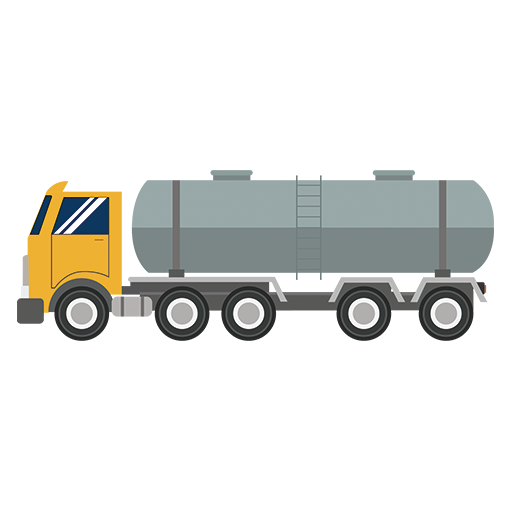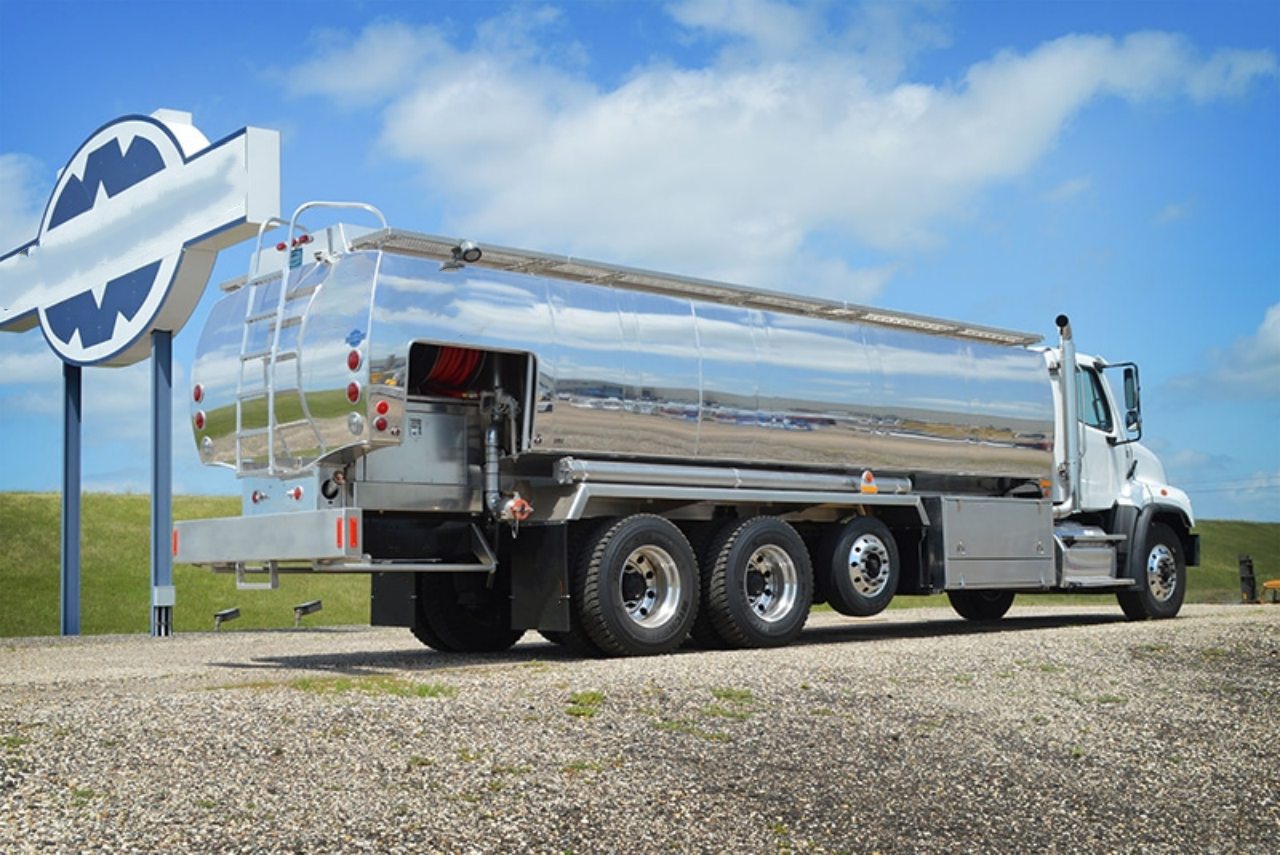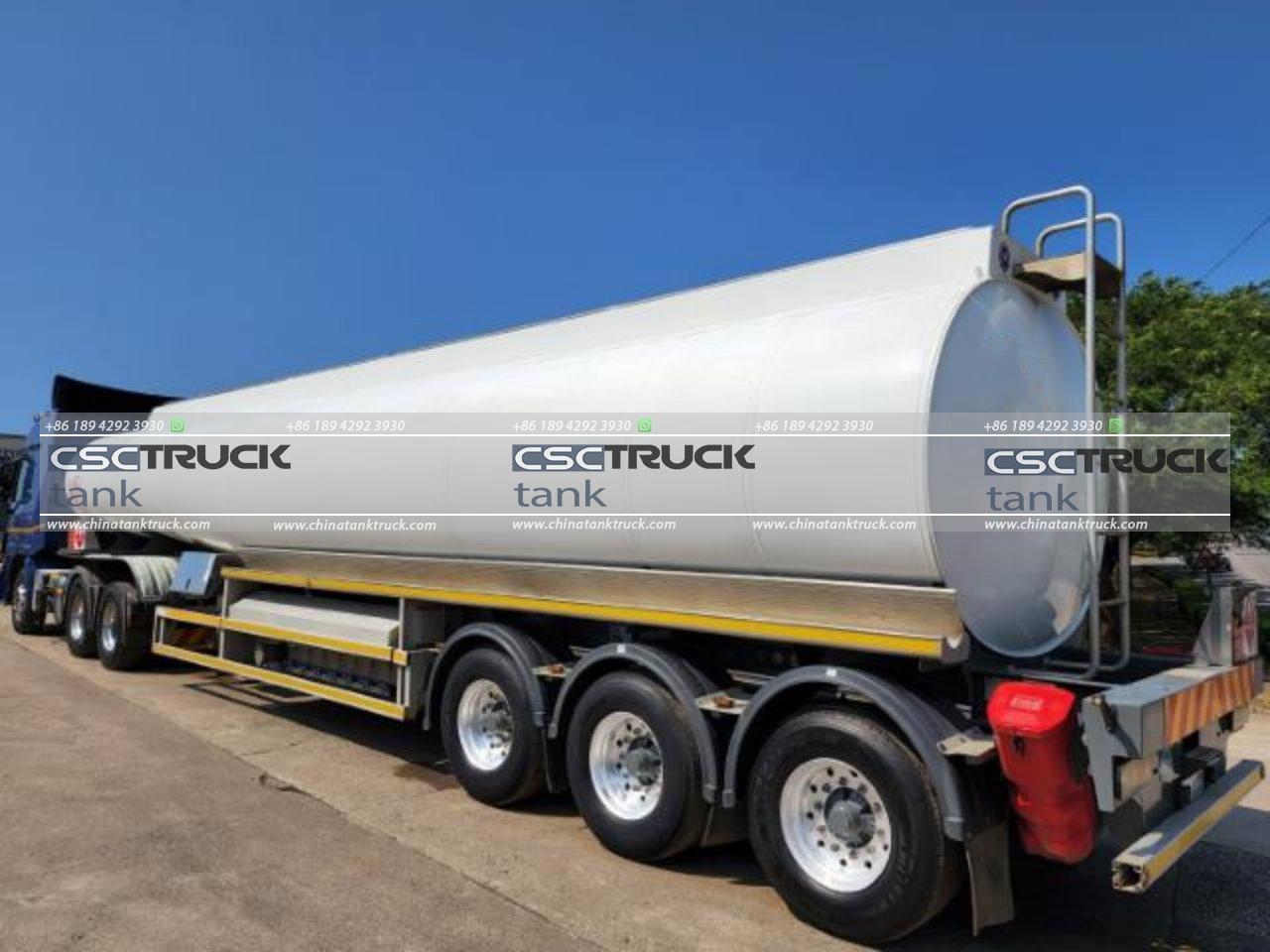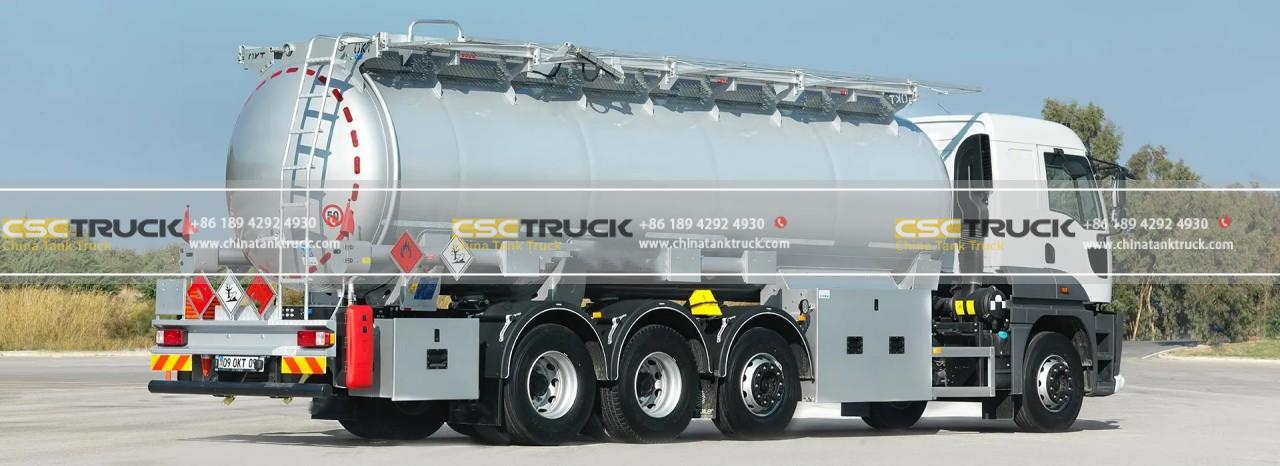Oil tank trucks are essential vehicles in the transportation and delivery of oil and petroleum products. These trucks play a crucial role in ensuring a smooth and efficient supply chain of fuel to various industries and consumers. To maintain the optimal performance and safety of an oil tank truck, regular and proper maintenance is essential. This article provides a comprehensive guide on how to ensure the proper maintenance of an oil tank truck.
(1) Follow Manufacturer’s Guidelines: The first step in maintaining an oil tank truck is to familiarize yourself with the manufacturer’s guidelines. The manufacturer provides detailed instructions and recommendations for maintenance, including service intervals, lubrication requirements, and specific procedures for different components. Adhering to these guidelines ensures that your truck receives the appropriate maintenance it needs.
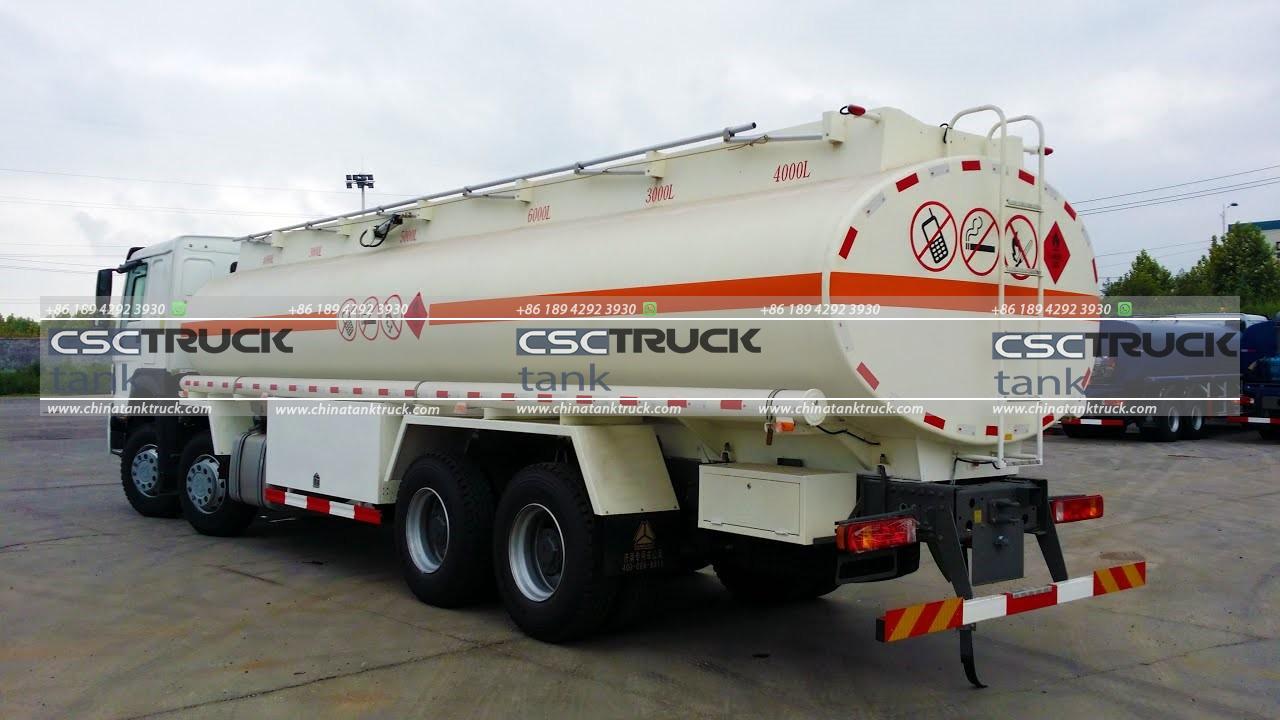
(2) Conduct Regular Inspections: Regular inspections are vital to identify any potential issues and address them promptly. Inspect the truck’s exterior for signs of damage, such as dents, corrosion, or leaks. Check the tires for proper inflation and wear. Inspect the tank for any cracks or signs of wear. Additionally, inspect the truck’s lights, brakes, suspension, and electrical systems to ensure they are in proper working condition.
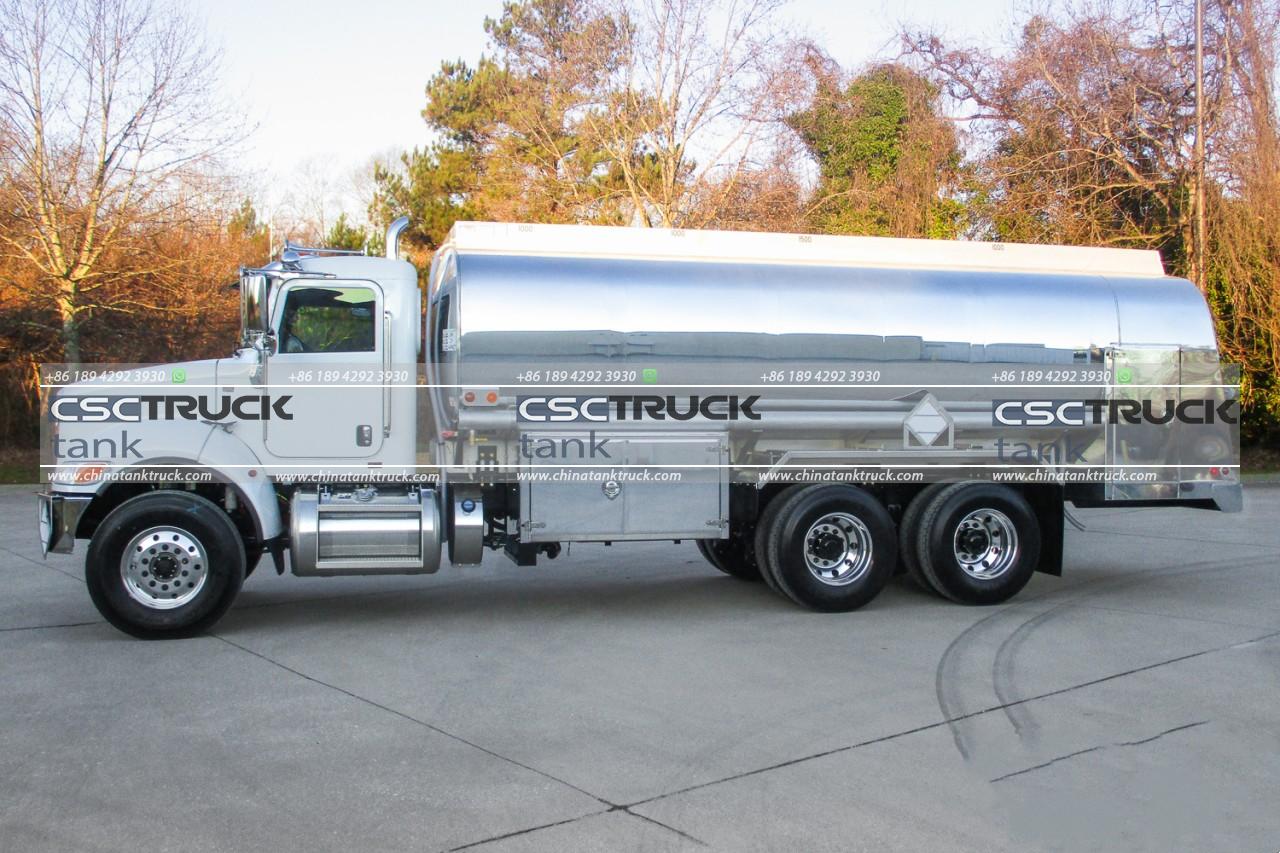
(3) Monitor Fluid Levels: Oil tank trucks require various fluids to operate smoothly, including engine oil, coolant, hydraulic fluid, and fuel. Regularly check these fluid levels and top them up as needed. Follow the manufacturer’s recommendations regarding the type and grade of fluids to use. Maintaining proper fluid levels ensures that all components are adequately lubricated and cooled, reducing the risk of mechanical failures.
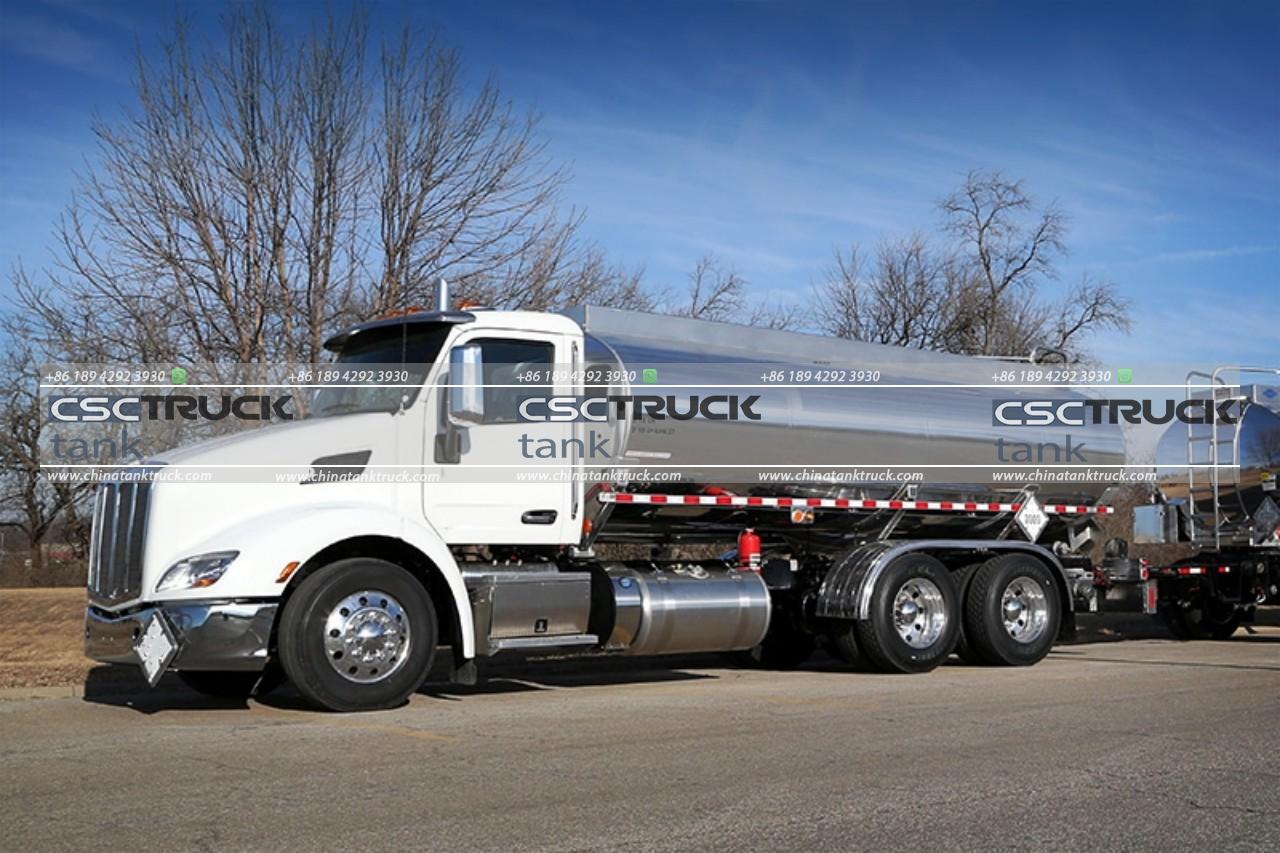
(4) Change Filters Regularly: Filters play a crucial role in maintaining the cleanliness of the oil and fuel being transported. Over time, filters become clogged with dirt, debris, and contaminants, which can affect the performance of the truck’s engine and other systems. Regularly inspect and change the oil, fuel, and air filters according to the manufacturer’s recommendations. Clean filters promote better fuel efficiency and protect the truck’s engine from damage.
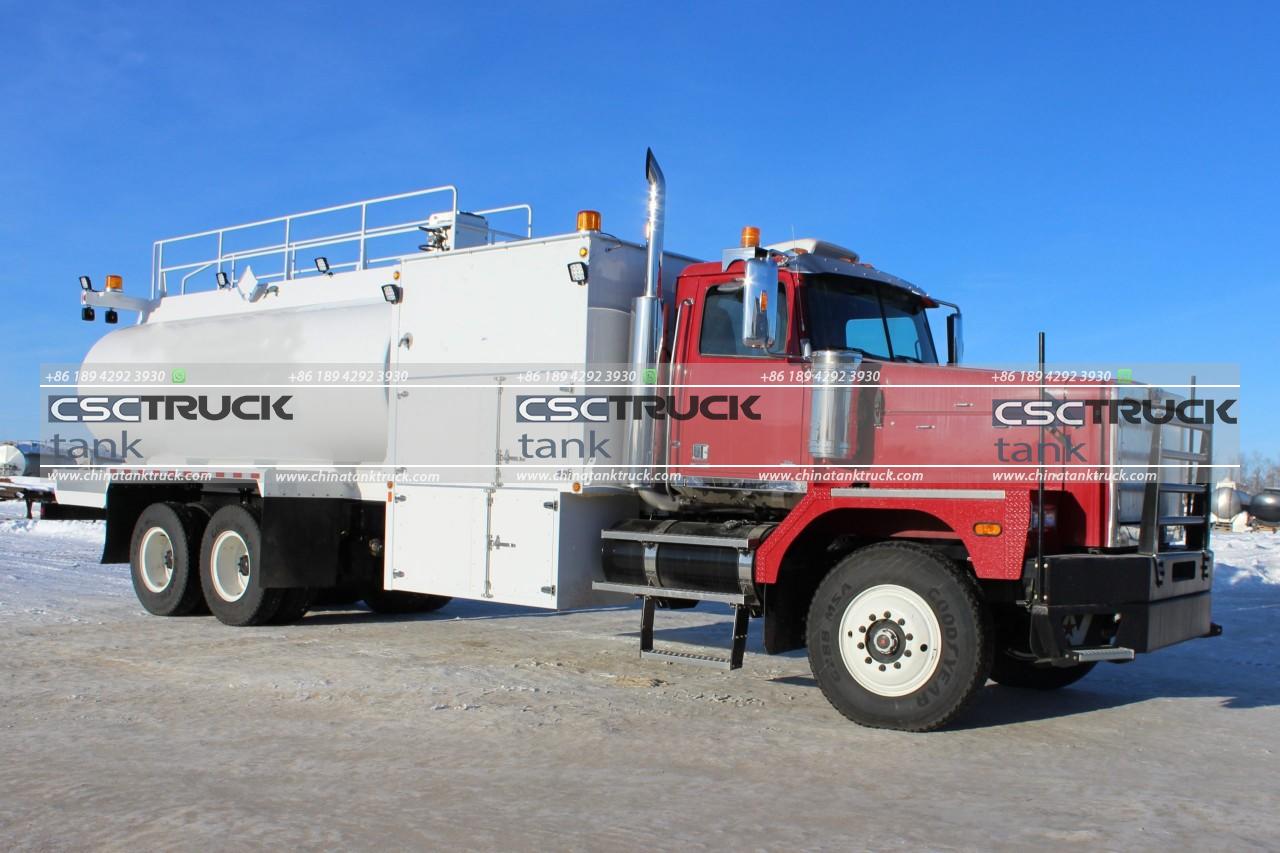
(5) Clean and Inspect the Tank: The oil tank itself requires regular cleaning and inspection to prevent the accumulation of sediment, sludge, and other contaminants. Clean the tank thoroughly and inspect it for any signs of corrosion, leaks, or structural damage. Removing debris and contaminants from the tank helps maintain the quality of the oil being transported and prevents potential damage to the truck’s components.
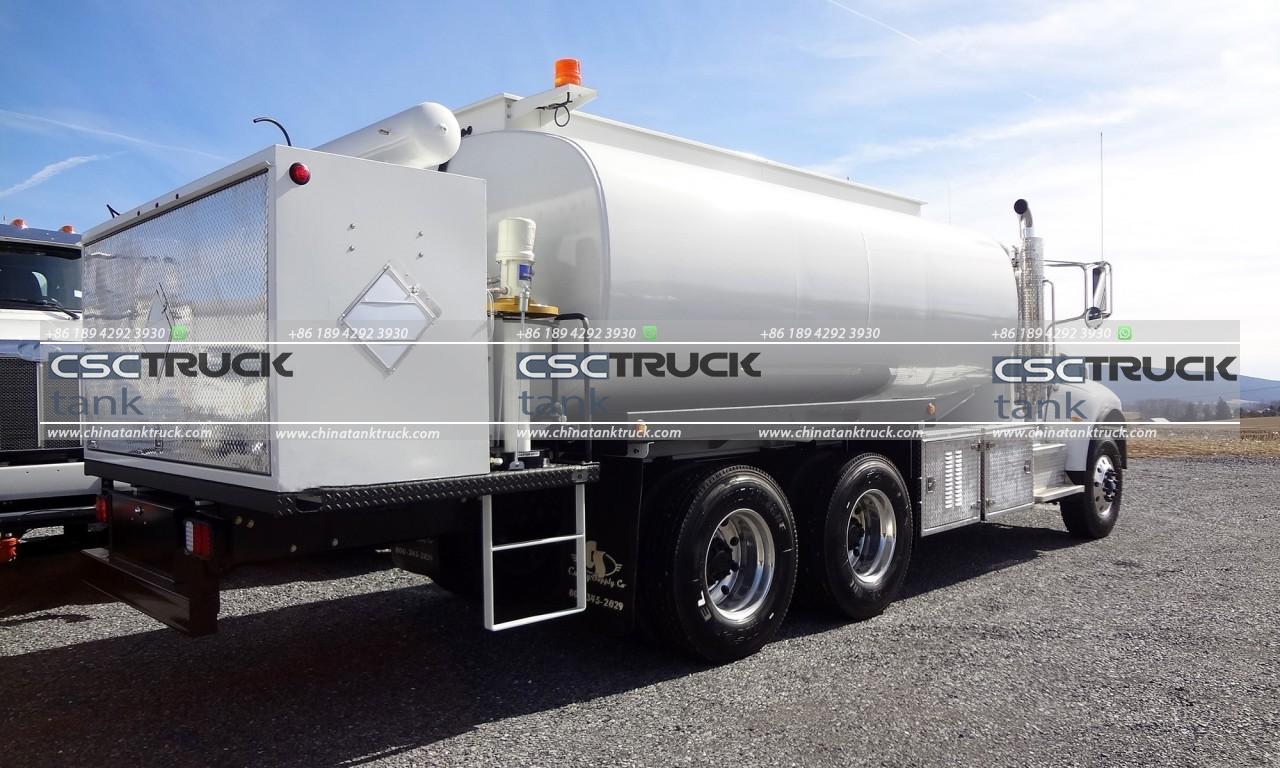
(6) Pay Attention to the Braking System: The braking system is a critical safety component of an oil tank truck. Regularly inspect the brake pads, rotors, and brake lines for wear and tear. Ensure that the brakes are functioning properly and respond promptly. Any signs of brake issues, such as squealing noises or decreased braking performance, should be immediately addressed by a qualified mechanic.
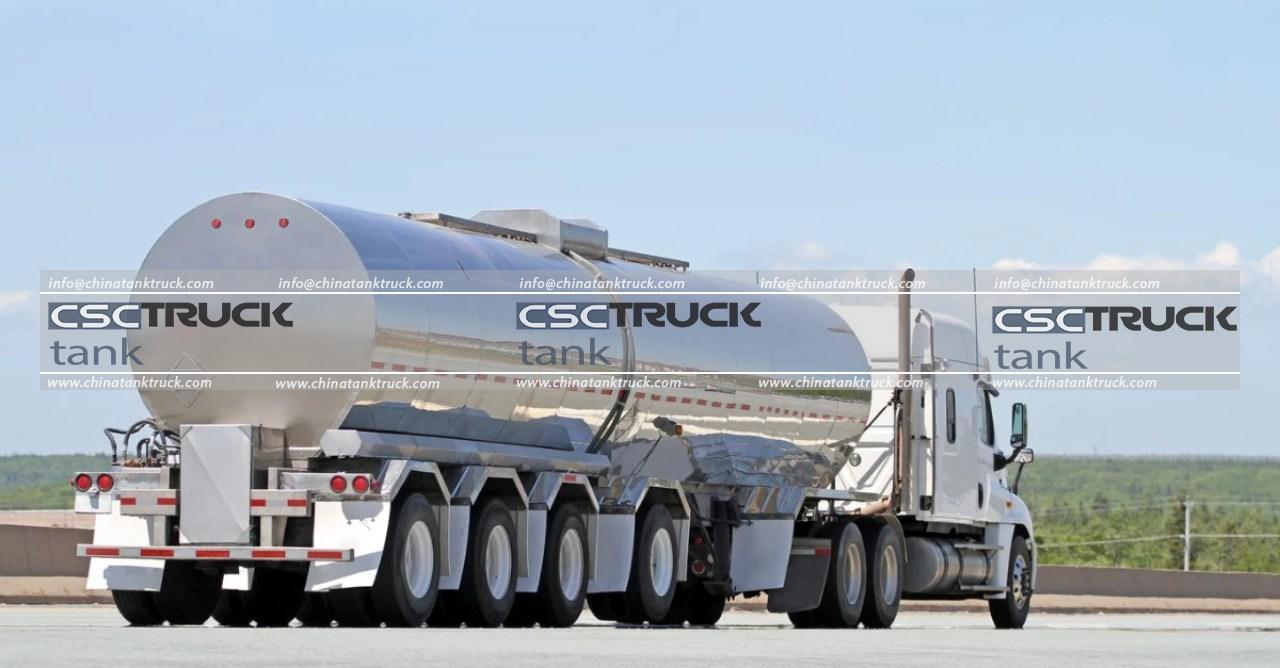
(7) Maintain Proper Tire Pressure: Proper tire pressure is essential for the safe and efficient operation of an oil tank truck. Monitor the tire pressure regularly and maintain it within the recommended range. Improper tire pressure can affect vehicle handling, fuel efficiency, and tire wear. Inspect the tires for signs of damage, such as cuts, bulges, or excessive wear. Rotate the tires regularly to ensure even wear and replace them when necessary.
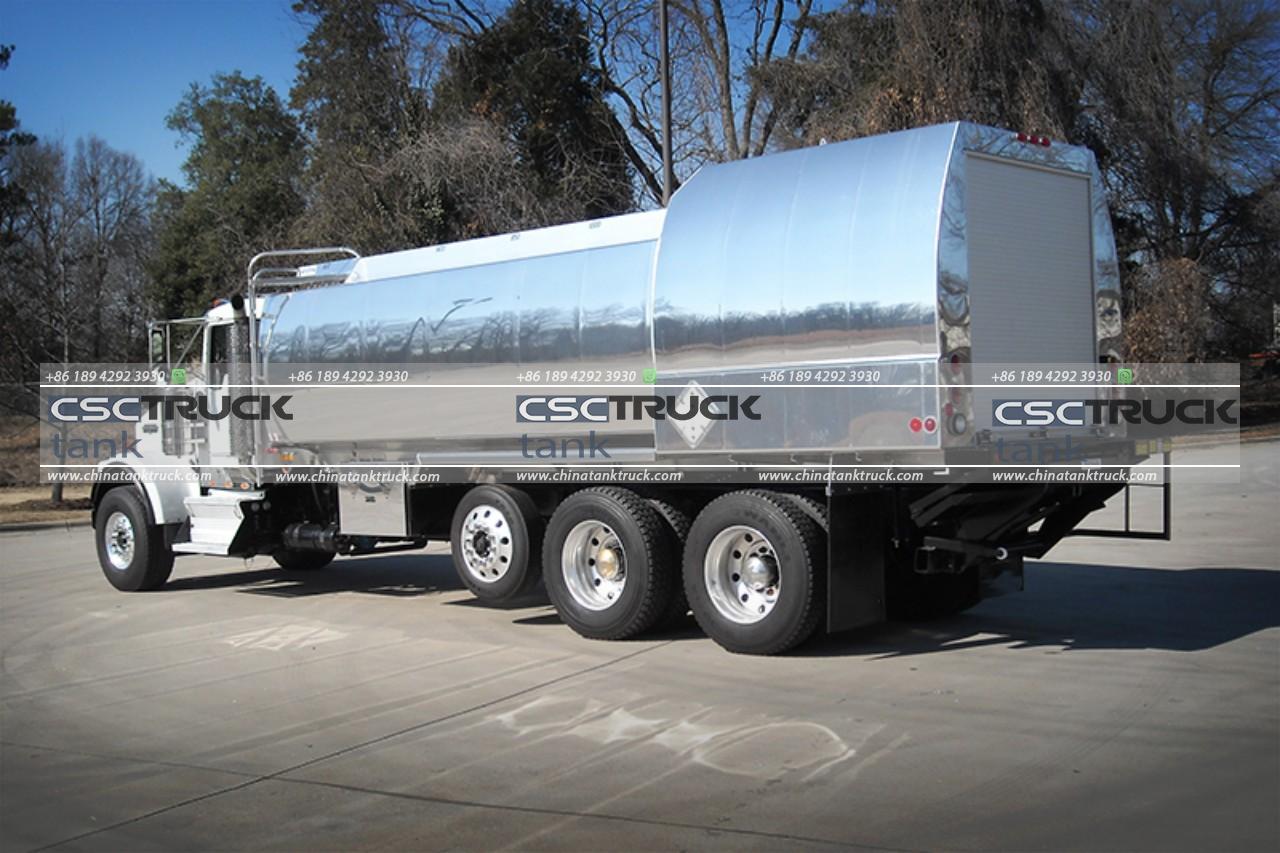
(8) Schedule Regular Servicing: In addition to routine maintenance tasks, schedule regular servicing with a qualified mechanic. They will have the expertise to thoroughly inspect the truck, identify potential issues, and perform necessary repairs or replacements. Regular servicing helps extend the lifespan of the truck and ensures its optimal performance.

(9) Train and Educate Drivers: Proper maintenance of an oil tank truck also involves training and educating the drivers. Ensure that the drivers are aware of the maintenance procedures, safety protocols, and any specific requirements related to the truck. Encourage them to report any unusual observations or concerns regarding the truck’s performance or condition. By fostering a culture of proactive communication and driver involvement, you can address maintenance issues promptly and prevent potential breakdowns or accidents.
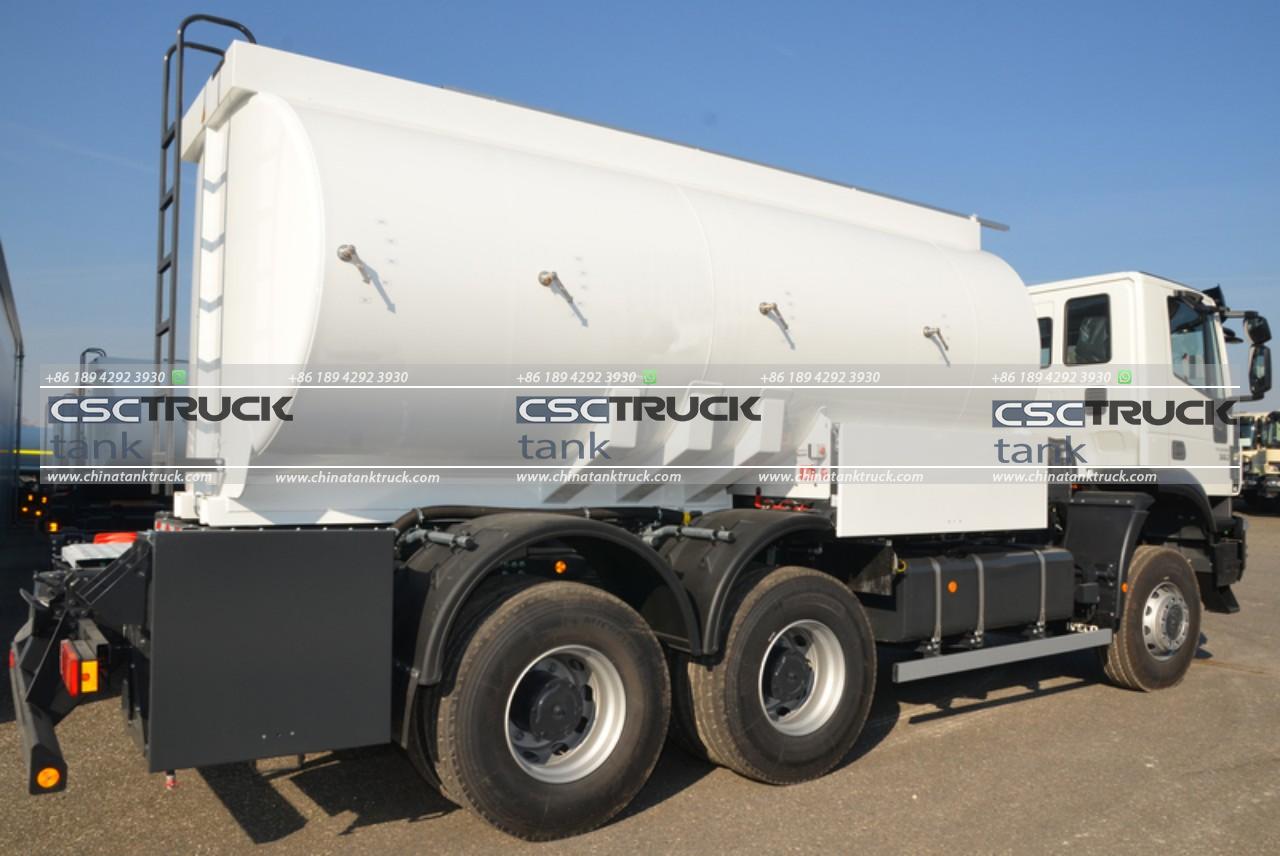
(10) Keep Detailed Maintenance Records: Maintaining a comprehensive record of all maintenance activities is essential for tracking the truck’s maintenance history. Keep records of inspections, repairs, servicing, and any modifications or upgrades made to the truck. These records not only help you stay organized but also provide valuable information for future reference, warranty claims, and potential buyers if you decide to sell the truck.

(11) Follow Safety Regulations and Standards: Oil tank trucks are subject to various safety regulations and standards set by government agencies and industry organizations. Ensure that your truck complies with all applicable regulations and standards. Stay updated with any changes or updates to safety requirements and make necessary adjustments to your maintenance practices accordingly. Prioritize safety at all times to protect both the truck and the people involved in its operation.
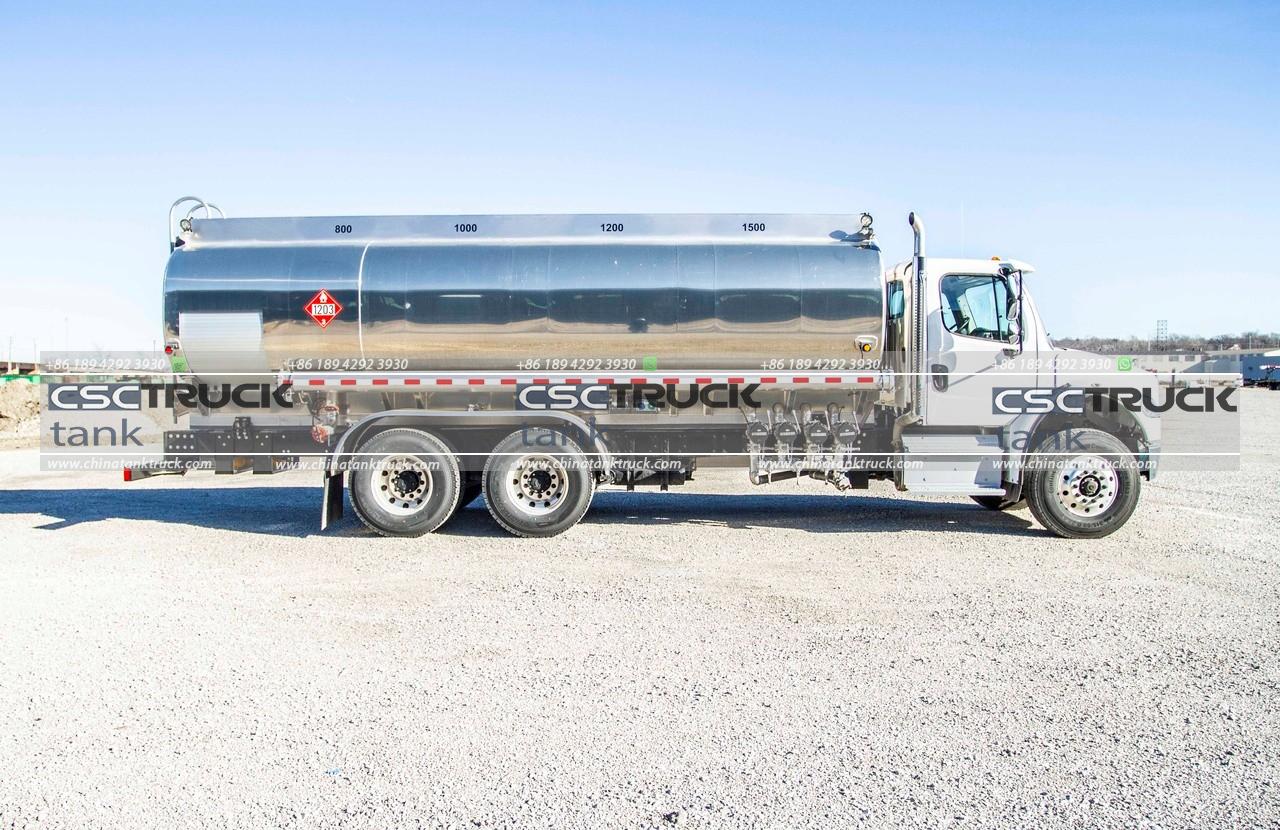
(12) Invest in Training and Certifications: Consider investing in training programs and certifications for your maintenance staff. Properly trained technicians will have the knowledge and skills to handle maintenance tasks efficiently and effectively. They will stay updated with the latest industry practices and technologies, ensuring that your oil tank truck receives the best possible care.
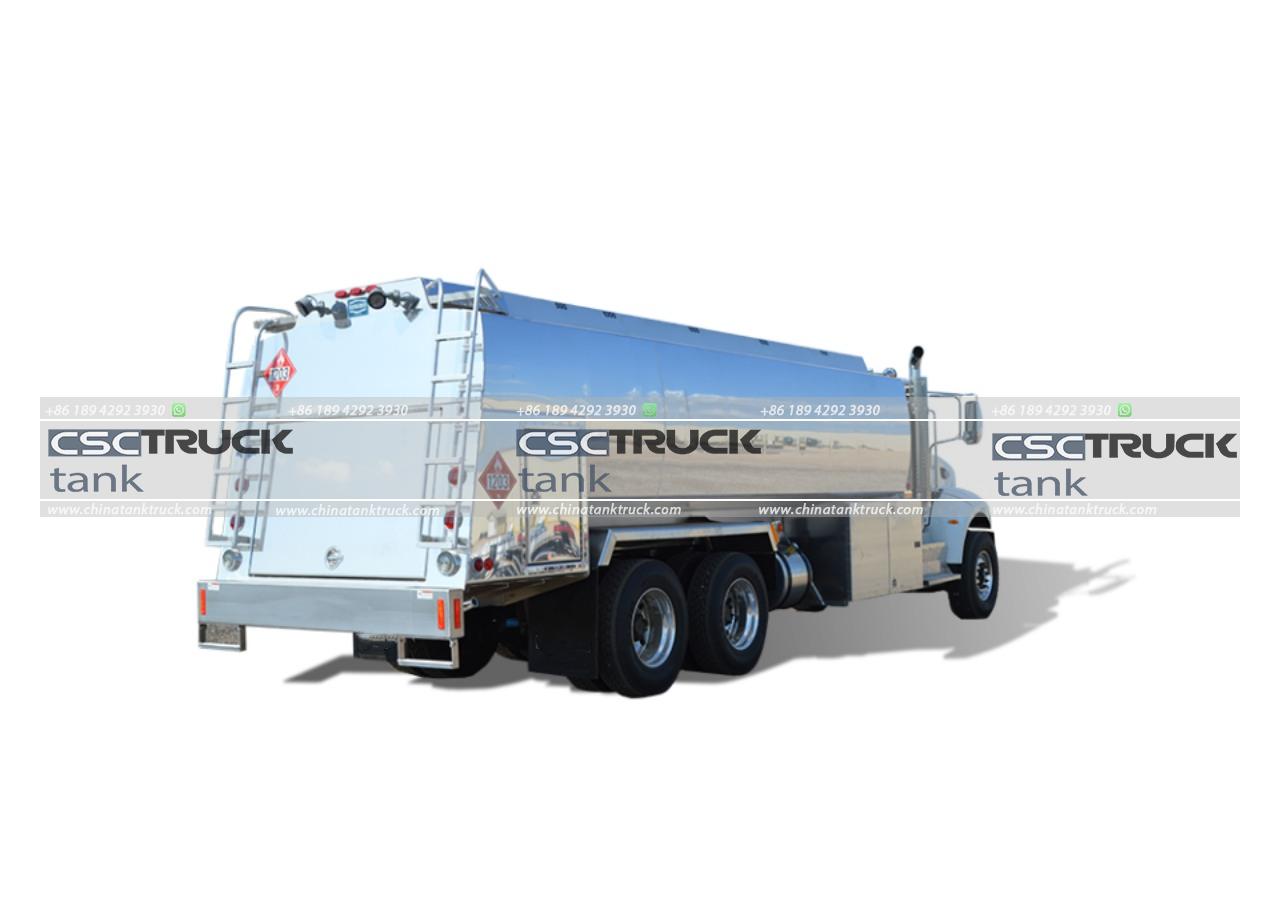
(13) Prioritize Environmental Considerations: Oil tank trucks deal with hazardous substances, and it’s crucial to prioritize environmental considerations during maintenance. Implement proper waste management procedures to handle any spills, leaks, or waste generated during maintenance activities. Dispose of used filters, fluids, and other waste materials responsibly and in compliance with environmental regulations.
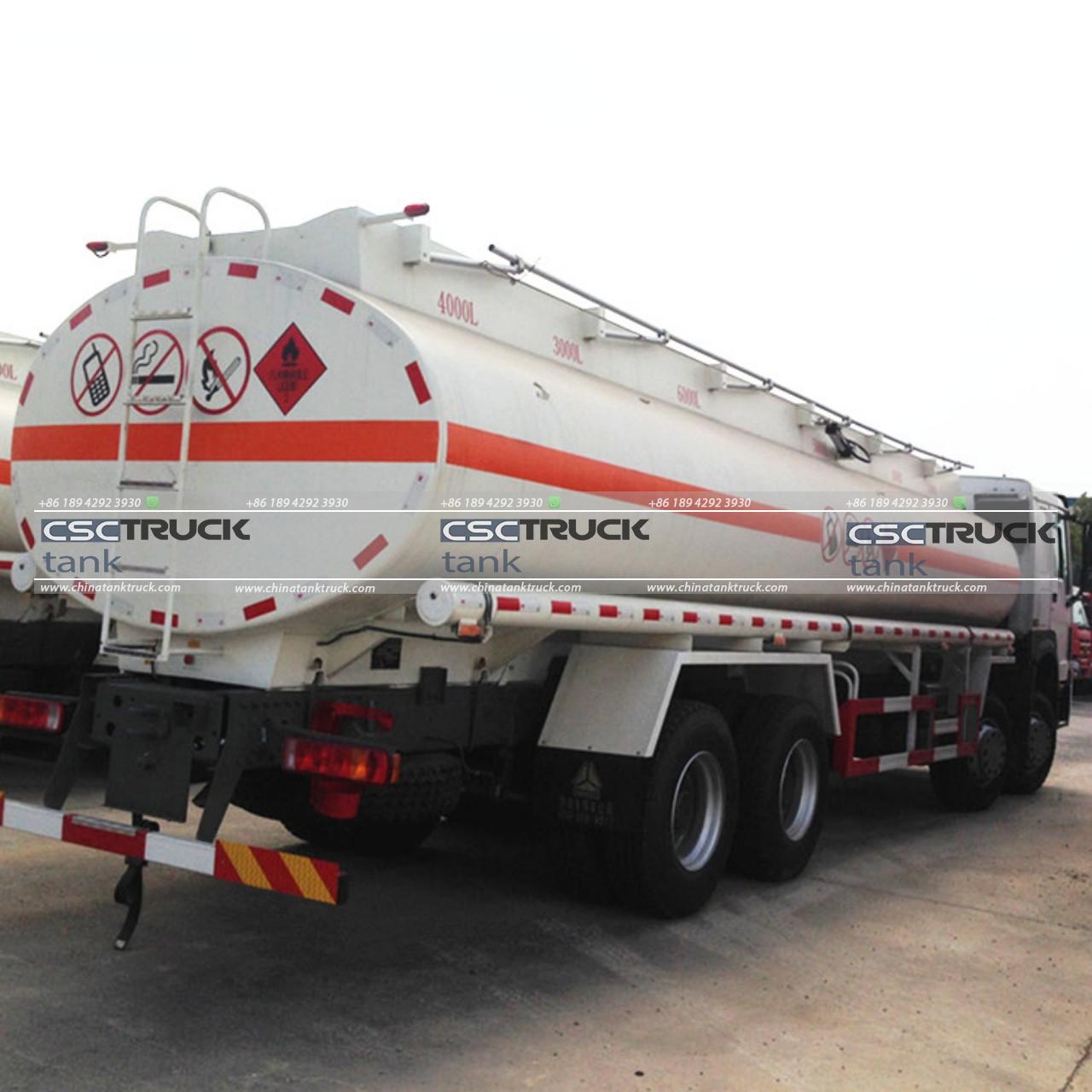
(14) Monitor and Address Recalls or Safety Notices: Stay informed about any recalls or safety notices related to your oil tank truck model. Manufacturers occasionally issue recalls or safety notices to address specific issues or defects. Regularly check for updates from the manufacturer or regulatory authorities and take immediate action if your truck is affected. Following up on recalls or safety notices ensures that any potential safety risks are promptly addressed.
In conclusion, ensuring the proper maintenance of an oil tank truck is crucial for its optimal performance, safety, and longevity. By following the manufacturer’s guidelines, conducting regular inspections, monitoring fluid levels, changing filters, cleaning the tank, and addressing issues promptly, you can keep your truck in top condition. Remember to prioritize safety, invest in training, maintain detailed records, and comply with environmental considerations. With proper maintenance, your oil tank truck will continue to serve its purpose effectively and efficiently.

